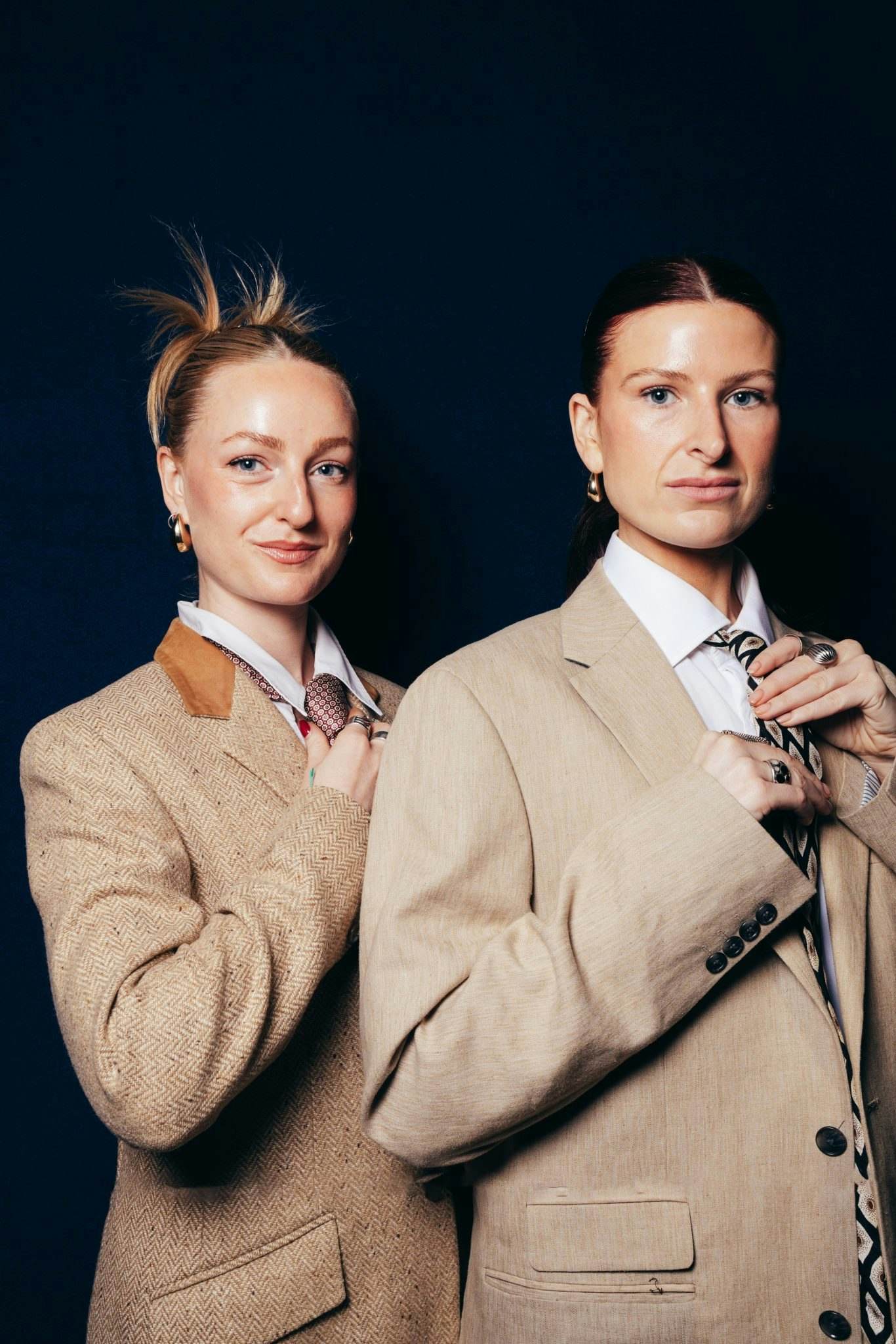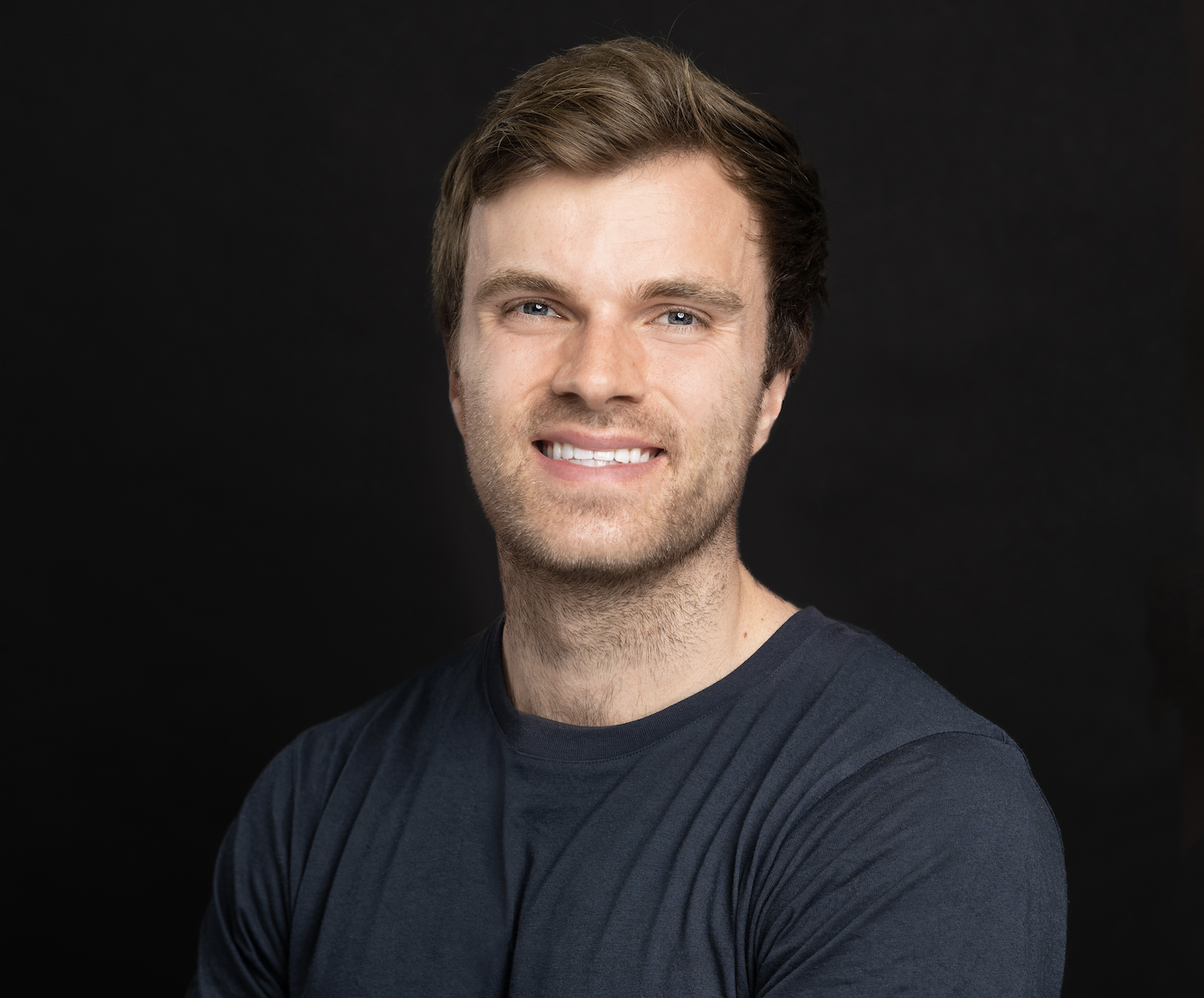US-based VC firm ffVC is finalising its eighth fund with a target close of $50m, and $30m already committed, which it will invest solely in startups founded by Ukrainian entrepreneurs.
The war in Ukraine has upended the operations of the buzzing Ukrainian tech scene, with the country’s infrastructure destroyed and many entrepreneurs fleeing or joining the army. Now, 91% of the country’s founders recently said they were in need of financial support to survive, while nearly half say they need an increase in revenue or new investment over the next three months to continue operating.
While many international tech giants, like Google for Startups and Microsoft, have offered grants and donations to keep at least part of Ukrainian companies afloat, ffVC’s new project is likely to be the first Western fund that picks startups with Ukrainian founders — who have stayed in the country or have relocated — as its investment thesis.
“It’s a for-profit fund; we don’t want to be perceived as charity,” says Mariusz Adamski, partner at ffVC. “Ukraine is an amazing place to build huge value, there’s enormous human and tech potential. We’re doing what we can do best: we invest in startups with technology that have potential to grow enormously.”
Contrarian approach
FfVC, which invested early in startups like digital ID verification startup Socure and insurtech Rhino, was set up in 2008 in New York; since 2019 it’s had an office in Warsaw too, giving it a foothold in the central and eastern Europe (CEE) region.
“We’re used to being [on markets] early, as we were in New York and Warsaw when these ecosystems weren’t developed. This is exactly what we want to do in Ukraine,” says Adamski.
Despite the war, investment in the wider CEE region is still on the rise. But in the case of war-torn Ukraine, international VCs are mostly playing wait-and-see. Adamski says ffVC has taken “a contrarian approach”.
“We think that the war will end sooner or later. We think Ukraine will become a member of the EU,” he says. “We have an investment horizon of five to ten years and we know that these things will soon be sorted out. We invest in companies which are counter-cyclical, their value is built in time. We decided that now that this capital has drifted away, this is a perfect moment to get interested [in the region].”
FfVC invests mostly in fintech, insurtech, B2B and SaaS companies, which can be scaled easily and fast to the US. With its $50m fund for Ukrainian-founded startups, it's planning to invest in 20 or so companies up to Series A, with tickets ranging from $500k to $2.5m. It’s not planning on having a physical presence in Ukraine yet, but it is in touch with the country’s VCs, associations and government to source deals.
Adamski stresses that Ukraine is full of startups that would match its portfolio — those that produce software, SaaS and cybersecurity solutions. Many of them already have strong links with the US, something which is very important for the firm.
“It is a perfect moment for us to invest in the businesses which have a bit lower valuation, which are open to sell in the US,” he adds.
Believing in talent
Ukraine is the birthplace of many well-known European startups — such as Grammarly, GitLab and Firefly — and home to a vast tech talent pool. Since the beginning of the war, two startups founded by Ukrainians — airSlate and Unstoppable Domain — have hit unicorn status, while Preply, a language learning platform, raised a $50m Series C to scale up globally.
Yet ffVC believes that Ukrainian founders haven’t been appreciated enough internationally. The VC has one Ukrainian company in its current portfolio, Respeecher, and it's been thoroughly impressed by how the founders have managed to keep operations going during literal bombardments.
“These people are extraordinary. At the end of the day, an early-stage tech investment is an investment in teams,” says Mateusz Zawistowski, ffVC’s managing director. “They’re very open, very resilient, goal-oriented. And I think one has to have a very big motivation and strong character to run a startup and be on the front line at the same time. It shows that it’s a fantastic mine of talent for us.”
Zawistowski adds that he sees a societal revolution ongoing in Ukraine right now, with young people shunning from the country’s Soviet, oligarchical past and desperately wanting to become part of western Europe.
“This is a very startup story,” he says. “It’s exactly the people who are diverse, hungry for the world — these are the people that we’re looking for.”
Adamski adds that ffVC’s investment should be just a first step in a startup’s international journey.
“We want to leverage our network and encourage other US investors to invest after us and to attract much more capital to the ecosystem,” he says. “We want to be an ambassador of the Ukrainian ecosystem, to attract much more foreign capital to outstanding founders with extraordinary tech solutions.”



